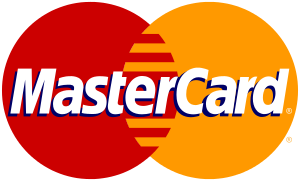China Approves Mastercard Entry Into Bank Card Clearing Operations

KEY POINTS
- Mastercard set up a joint venture a year ago to open the way for it to do business in China
- China is opening up financial services to foreign firms to expand the industry and diversify the sector
- Mastercard shares rose on the news
China took another step Tuesday toward opening its financial markets to foreign firms, approving Mastercard’s application to conduct bank card clearing operations in the country.
China’s central bank approved the application of Mastercard’s joint venture with NetsUnion Clearing Corp., Mastercard NUCC Information Technology (Beijing) Co. Ltd. The joint venture will have one year to prepare for operation before gaining final approval to open for business. The phase one trade deal signed by the U.S. and China last month shortens the wait time for such approvals to one month.
The approval opens the way for Chinese consumers and businesses to use Mastercard-branded credit and debit cards – something they previously had been unable to do, and comes just weeks after American Express Co.’s application to start a bank card clearing business was accepted. Visa submitted an application in 2018 but has yet to receive approval.
The news sent Mastercard (MA) shares higher.
“China remains a vital market for us and we look forward to working with the Chinese government and local partners in growing and developing the overall payments ecosystem in the long-term. We believe our participation here will be beneficial to the country and its people,” Ling Hai, co-president of Asia Pacific at Mastercard, said in a press release.
The People’s Bank of China said in a statement the decision will help China’s financial industry to expand internationally and diversify services, “deepening financial supply-side reform.” As of September, Chinese consumers had some 8.2 billion bank cards, 90% of them debit cards.
China has begun allowing foreign financial firms to set up fully owned operations for insurance, asset management and investment banking. It eased rules in 2015 for foreign bank-card clearing providers so they could form joint ventures or acquire local companies to set up operations. The move ended the monopoly by state-run China UnionPay Co.
Mastercard set up its joint venture nearly a year ago.
IResearch reported mobile payments in China topped $27 trillion in 2018.
© Copyright IBTimes 2024. All rights reserved.






















